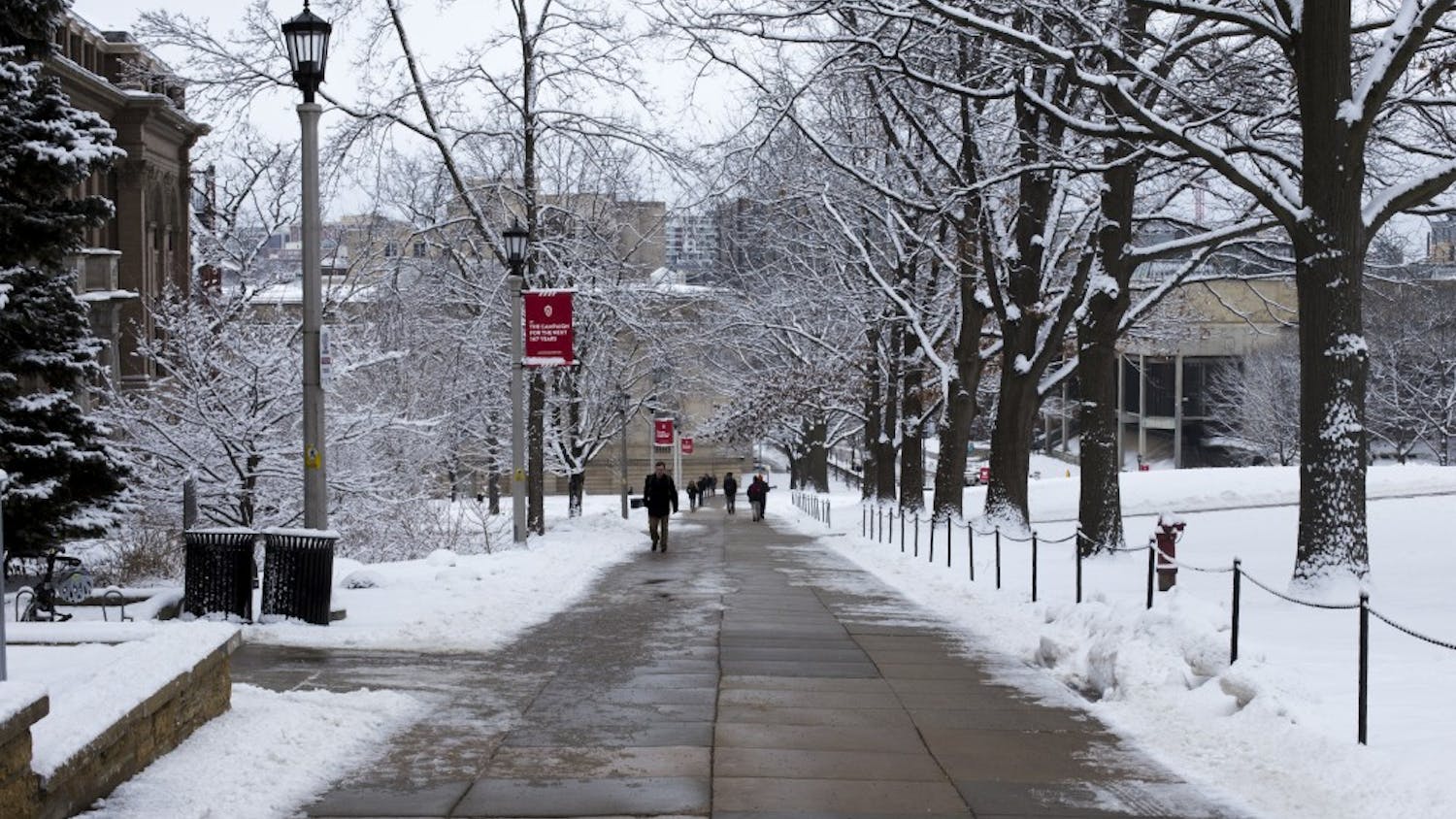University of Wisconsin System President Jay Rothman told the State Assembly’s universities committee last week that he will be asking the Board of Regents for a five percent in-state tuition increase at its April meeting.
If approved by the board, this will be the first time in a decade the tuition for in-state undergraduate students has changed. In 2013, undergraduate in-state tuition was frozen by Republican lawmakers and continually reapproved until 2021, when the Republican majority budget committee voted to lift the freeze.
Tony Evers and the university were in support of extending the tuition freeze for another two years.
Tuition for Wisconsin undergraduate students currently ranges from $4,750 annually at the system's two-year schools to $10,722 per semester at the University of Wisconsin-Madison. These costs do not include housing expenses, dining plans, required class materials and additional student fees.
“I think that five percent is a big increase, especially for people like me, a student who is paying a majority of their tuition,” UW-Madison freshman Kylie Haakinson explained. “I chose this school because it was slightly cheaper than the University of Minnesota — these are the things I’m looking at as a student.”
Rothman said at an informational hearing he does not want students to choose a different university system due to affordability issues. However, he explained the proposed tuition increase is due to rising inflation within the system.
The system previously relied on pandemic relief funds to cover costs. Now, Rothman notes that financial uncertainty looms for late 2023 as inflation hurts the system's spending power.
“My initial reaction [to the increase] was stress,” UW-Madison freshman Jill Diamond said. “I am a triplet, meaning I have two other sisters my same age. Sending three children to college at once is bound to be stressful on any person or parent, especially in America where college is costly. UW-Madison’s in-state tuition of $10,000 is not only affordable but insanely helpful in my case.”
An affordability review from the summer of 2022 deemed the UW System the most affordable public higher education system in the Midwest, according to Rothman. However, he noted that while it will remain the most affordable, “We also must keep talent here and invest in the people and programs that help students succeed.”
This sentiment contrasts what students like Diamond are expecting from the university system at its current level of funding.
“I wanted an outstanding education and that is why I chose [UW-Madison],” Diamond said. “I can get a great education without sacrificing my parents' retirement money or dipping into student loans.”
Diamond's siblings do not all attend college in the state — she currently attends the most affordable school among her siblings. Diamond said increasing her tuition would increase financial stress for both herself and her family.
Rothman said the university is “increasingly tuition-dependent, [and] a decade-long tuition freeze is not sustainable to make the investments students deserve and parents expect.” He believes necessary improvements can be made through a combination of receiving more revenue and additional calculated expenditure, which involves sharing resources with fellow UW schools.
Rothman also explained how, although UW-Madison is the most affordable flagship university in the Midwest, it is not affordable for applicants of lower socioeconomic means.
“The percentage of students coming from lower socioeconomic means 10 years ago — that percentage has declined today,” Rothman said at an informational hearing. “We may be affordable in relative terms, but we are not affordable to everyone.”
Unaffordability has become a common trend in Madison. The city faces a booming housing crisis, where students and local residents lack affordable housing options in an ultra competitive market.
This is further complicated by the university enrolling its largest freshman class ever recorded for the fall of 2022.
If Rothman’s five percent increase is implemented, UW-Madison students will face increased tuition, increases in housing prices and rising prices on goods like groceries. This proposal comes amid country-wide inflation and signs of a potential recession. It’s predicted there will be an additional 7.9% increase on all food prices in 2023 as well.
The price of inflated goods are not taken into consideration by federal aid programs like FAFSA.
“It’s even hard now to get the correct amount of financial aid,” Haakinson said. “Who knows if you could receive the financial aid that you’re in need of [with the tuition increase].”






